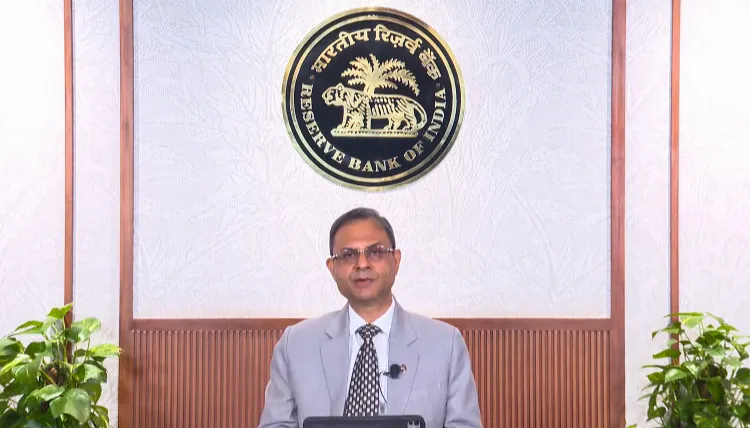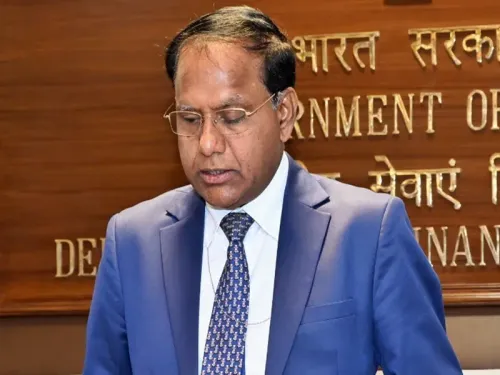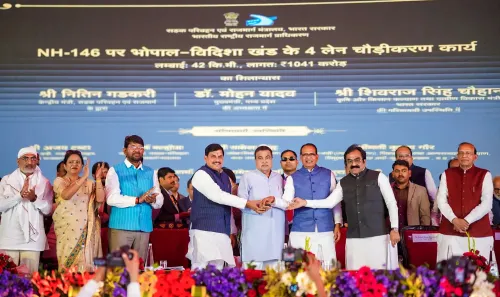Will the US tariff hike significantly affect India's economy?

Synopsis
Key Takeaways
- US tariff hikes may not significantly impact India's economy.
- Retaliatory tariffs could change the scenario.
- The RBI has lowered its GDP growth forecast.
- Foreign exchange reserves can support 11 months of imports.
- Inflation effects from reduced oil purchases may be limited.
Mumbai, Aug 6 (NationPress) Governor of the Reserve Bank of India, Sanjay Malhotra, stated on Wednesday that the recent increase in US tariffs is unlikely to significantly affect India's economy unless retaliatory measures are implemented.
During a press briefing following the monetary policy announcement, Malhotra remarked, "The ongoing uncertainty regarding US tariffs may not have a substantial influence on India's economy. This scenario would change if retaliatory tariffs are introduced, which we do not anticipate."
He expressed optimism about finding a peaceful resolution when questioned about escalating trade tensions between India and the US.
Malhotra noted that the Reserve Bank has already revised its GDP growth projection down to 6.5 percent from 6.7 percent to accommodate various global uncertainties.
He asserted that the Reserve Bank possesses sufficient foreign exchange reserves to cover 11 months' worth of imports, stating, "We are assured of fulfilling our external sector requirements."
Regarding the potential consequences of reducing oil imports from Russia on domestic inflation, Malhotra emphasized that India sources oil from multiple nations, not solely Russia.
"We must remember two critical points: we do not exclusively import Russian oil. Our oil supply comes from various countries. If the mix shifts, it will impact prices based on global crude commodity rates. Additionally, the extent of any price changes will rely on how the government manages fiscal policies through excise taxes and tariffs. Therefore, we do not see any immediate significant impact on inflation, as the government is expected to make appropriate fiscal decisions in response to any price fluctuations," he added.
RBI Deputy Governor Poonam Gupta commented, "The effect on inflation is anticipated to be minimal. Approximately half of our inflation basket comprises food items, which are not directly affected by global events."










